A better way to choose your job🪜
↩️UNFOLLOW University — June 30, 2023
Happy Friday!
There’s one thing worse than turning down a job offer you should have accepted. Accepting one you should have rejected. Trust me.
After months of virtual interviews, reference checks and presentations with a technology company, I was finally offered the Chief Marketing Officer (CMO) role. The business had recently gone public and now it was time to accelerate sales by amplifying marketing.
I hit the ground running, bouncing from team introductions and executive onboarding to brand reviews and budget presentations. With so much to do, and even more to learn, I was optimistic about the impact I would make.
But over the course of those first 30 days as CMO, it became harder to ignore the idea I was out of place. Was it fear? Imposter syndrome? Anxious excitement?
One morning, I sat still long enough to hear the truth that had been there all along.
I was climbing the wrong ladder.
It happened gradually. Like an athlete without an agent, my competitive instinct was to maximize everything at once.
🎭 My previous performance earned the job interview.
🗣 My persuasion won the job opportunity.
🧠 My negotiation secured the best job offer.
The same marketing tools I used to position a brand became the weapons I used to win the role. But none of these tools could adequately evaluate whether the job was right for me in the first place.
The result: I finished first place in the wrong race. I needed to be thoughtful, self-aware and honest with myself. Instead, I ignored my intuition and sacrificed my needs to serve my wants.
The higher the ladder, the riskier the choice. Too much focus on prestige or pay and too little focus on impact can leave job decisions hopelessly lopsided.
Is there a way to quantify the intangible job factors so we make better career choices?
How do you choose the right ladder? 🪜
🤯 Radical Truth
We often don't know what truly satisfies us until we're deeply dissatisfied.
While there's not one root cause for suboptimal job choices (there is impressive research on it here, here and here) I believe there are tools and techniques we can use to minimize the chance of a bad decision.
I discovered this simple framework while hop-scotching through several career pivots that challenged my sanity. Created by Allison Rimm, this “Job Joy Scorecard” is a self-serve tool for quantifying the measurable (head) and intangible (heart) considerations that overwhelmingly determine our job joy.
If you’re considering a job change or you've just started a new role, try this exercise to get a gauge on your decision-making process. Where do you need more information? Where are the blindspots?
A note: Allison's original article and methodology were very useful in my journey so I've created a shareable & downloadable template on Google for those who want to customize their own version.
This takes about 20 minutes to complete so bookmark this page or schedule time this weekend to give it a try. The example below is an illustration to demonstrate how it works once complete.
Step 1: Focus on the Factors
Download the template here. Each of the 5 categories on the left side are great starting points for decision dimensions to consider. In each case, it's helpful to frame them as questions for self-reflection: "In light of what I know about myself and hope to achieve, how important is _______?" (work, family, organization, tangibles, intangibles)
These are the 5 factors I used:
Work/Role - How important are the actual job duties and team deliverables to my success? Try to identify 3 criteria that will influence your work conditions, workload and future career growth
Family - What are the personal factors impacting the overall quality of life? If you're single you might just think about proximity to relatives, commute, geographic preferences or other personal tradeoffs. Insert your 3 criteria.
Organization - What business-wide factors - like team culture, industry climate, and leadership styles - will weigh heavily on job satisfaction? Think about what the next 2 positions would look like and how this role is prioritized in the company.
Tangibles - How will you rank the foundational hygiene factors like compensation, benefits, perks and equity packages?
Intangibles - What matters of the heart are uniquely important to you? Think about both selfish and selfless desires honestly to gain an accurate visualization of what motivates you. List these 3 criteria.
You'll see I landed on 3 criteria per factor that were important to me for a total of 15 items. Yours will vary so download the Google sheet as a template and create your own version.
Step 2: Rate by Weight
Under the column marked "Importance Weighting", assign a number from 1 to 5 based on how important each factor is to you, with 1 being not important and 5 being very important. This helps identify the relative weight of each so you establish a more accurate snapshot of what's really important, independent of the actual job options.
This will constantly evolve. Twenty years ago I lived in the office like I didn't have a wife because I hadn't met mine yet. Fifteen years ago I was dead broke and needed to make enough money to pay rent. Five years ago I didn't think much about the alarmingly obvious lack of diversity in the corporations I inhabited. Two years ago I'd never imagined a realistic scenario where my typical day consists of speaking to teams, advising leaders and being more present with my family.
Your future is not fixed. Take the time to interrogate what’s important now and why.
Step 3: Input The Info
Now take a shot - literal or figurative - and start scoring each job by the factors you've already determined. Again, use numbers 1 - 5 to score them with 5 being perfect and 1 being pathetic.
I think it's helpful and honest to begin with your current role since you know the most about the role you currently have, even if you're leaving. Insert each category score under the "Factor Score" column and the Google sheet will automatically multiply it by your weighted score to calculate a "Total Score."
You might consider comparing your current and potential job with a desired job for extra credit. In other words, create a job you don't have (yet) and try scoring it against both the job you currently have and the job offer you're considering. This is a step I didn't do previously. I now see how I selected from my available options instead of my actual desires. Live and learn.
Step 4: Don't Ignore The Score
What job option or offer rises to the top? Which role has the lowest scores for the factors that mean the most to you? The highest? Any surprises or deal breakers?
Be sure to look horizontal and vertical. If you're reviewing an amazing job offer for a role that has low scores (1s and 2s) on factors that are very important (4s or 5s) you need to pump your brakes. It doesn't mean you shouldn't accept the role but it does confirm a potential conflict you were likely feeling.
Look at your current role to calibrate for accuracy and consider sharing this with a good friend or spouse for candid feedback before you proceed.
⚡️Courageous Question
In light of what I know about myself and hope to achieve, how important is _________?
(work, family, team, tangibles, intangibles)
🗣 Wonderful Words
“The intangible parts of a job — autonomy, collegiality, prestige, purpose — can make an even bigger impact on our overall well-being than the easy-to-count factors like salary, benefits, and vacation time. To avoid undercounting the “soft” factors, try translating them into hard numbers. The way they add up might surprise you.”
🙏🏽 Prayer Package
God, true and lasting satisfaction is solely found in you. As I navigate what’s next, I’m so grateful for what I have now. Thank you for the opportunities, challenges and lessons along the way. With such an abundance of options, sometimes my ambition can fuel anxiety about which way to go. Help me to know and seek your presence. Show me how to let go of trying to forge a perfect path with a perfect plan, and trust you, the path-maker. Close the wrong doors and open the right ones. May all I do glorify you. Amen.
🎵 It Is For Me- Miami Mass Choir 🎁
🛠 Practical Tool
There are tons of tips on career decisions so be sure to take your time and leverage the great resources out there. In this case, Allison's career decision framework adds tremendous value in uncovering the drivers of true satisfaction and silencing the noisy factors that often receive too much focus. Check out her book "The Joy of Strategy" or the company website to stay enlightened.
Download and create your “Job Joy Scorecard” today, then drop me a note with feedback. As always, be sure to share with anyone who might be in the crosshairs of a career decision that needs a bit of clarity.
Sign up for the ↩️Unfollow University newsletter
Every Friday I’ll send you 5 courageous ideas to help you redesign your work life by making better career decisions:
🤯 Radical Truth - A story from me
⚡️ Courageous Question - A challenge for you
🗣 Wonderful Words - A quote worth remembering
🙏🏽 Prayer Package - A moment of meditation
🛠 Practical Tool - An actionable resource


